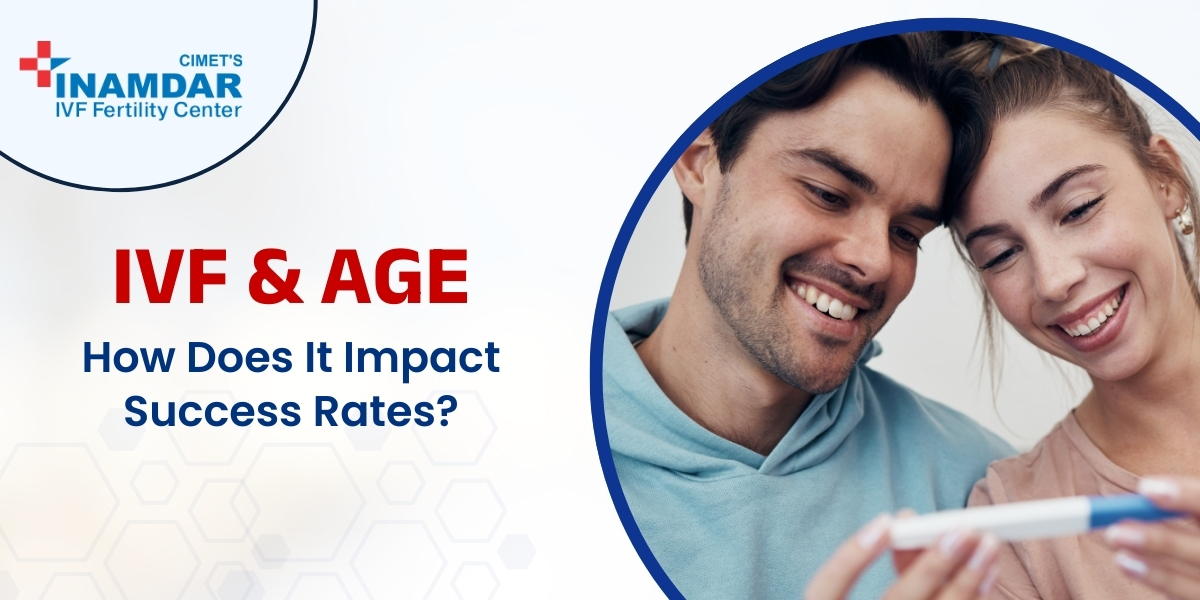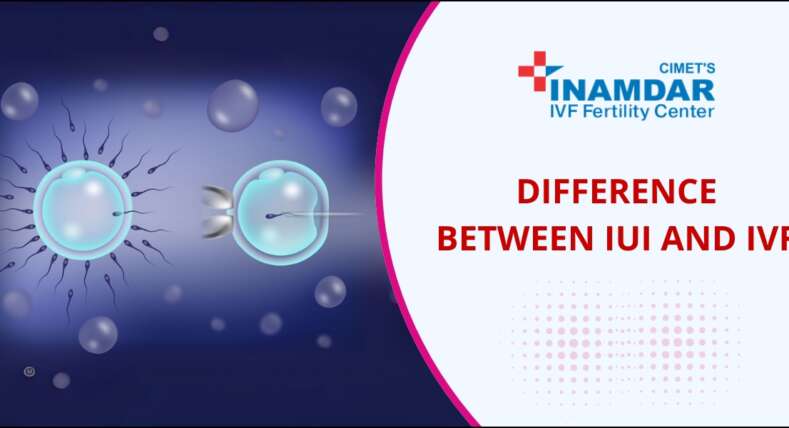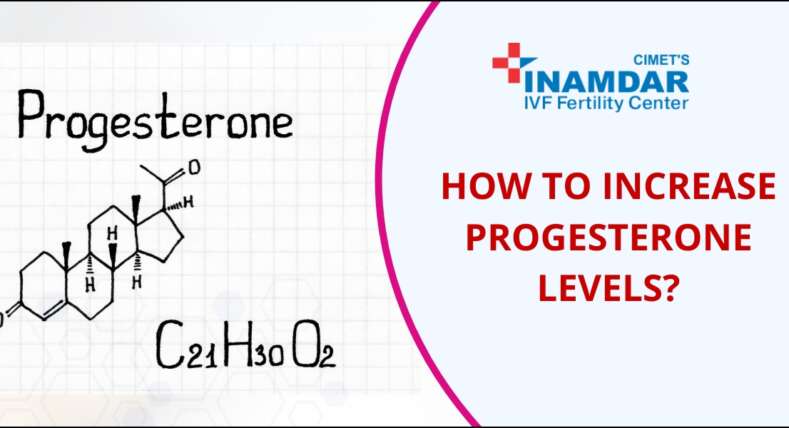IVF and Age: How Does It Impact Success Rates?
In vitro fertilization (IVF) has revolutionized the field of reproductive medicine, offering hope to millions of couples struggling with infertility. However, one of the most critical factors influencing the success of IVF is the age of the woman undergoing treatment. As age increases, fertility naturally declines, and this has a direct impact on IVF success rates. In this blog, we’ll explore how age affects IVF outcomes and what you can do to maximize your chances of success.
Understanding the Link Between Age and Fertility
A woman’s fertility is closely tied to her age. Women are born with a finite number of eggs, and as they age, both the quantity and quality of these eggs decline. This decline becomes more pronounced after the age of 35 and accelerates further after 40. Here’s how age impacts fertility and IVF success rates:
- Egg Quantity (Ovarian Reserve):
As women age, the number of eggs available for fertilization decreases. This reduction in ovarian reserve makes it more challenging to retrieve viable eggs during IVF. - Egg Quality:
Older eggs are more likely to have chromosomal abnormalities, which can lead to failed fertilization, implantation issues, or miscarriage. This is why the success rates of IVF are significantly higher for younger women. - Response to Ovarian Stimulation:
Younger women typically respond better to fertility medications used during IVF, producing more eggs. Older women may require higher doses of medication and still yield fewer eggs.
IVF Success Rates by Age
IVF success rates are often reported based on the age of the woman undergoing treatment. Here’s a general breakdown:
- Under 35: Women in this age group have the highest success rates, with a live birth rate of around 40-50% per IVF cycle.
- 35-37: Success rates begin to decline slightly, with a live birth rate of approximately 35-40%.
- 38-40: The chances of success drop further, with a live birth rate of about 25-30%.
- 41-42: Success rates are around 15-20%.
- Over 42: The likelihood of success decreases significantly, with live birth rates often below 10%.
These statistics highlight the importance of considering age when planning for IVF. However, it’s essential to remember that every individual is unique, and factors like overall health, lifestyle, and the quality of the IVF center can also influence outcomes.
What Can Older Women Do to Improve IVF Success?
While age is a non-negotiable factor, there are steps older women can take to improve their chances of IVF success:
- Preconception Health:
Maintaining a healthy weight, eating a balanced diet, and avoiding smoking or excessive alcohol can improve egg quality and overall fertility. - Advanced Fertility Treatments:
Techniques like Preimplantation Genetic Testing (PGT) can help identify chromosomally normal embryos, increasing the chances of a successful pregnancy. - Donor Eggs:
For women over 40 or those with poor egg quality, using donor eggs from a younger woman can significantly improve IVF success rates. - Choosing the Right IVF Center:
The expertise and technology available at the IVF center play a crucial role in success rates. Opt for a reputable clinic with a proven track record.
Final Thoughts
Age is a significant factor in IVF success, but it doesn’t have to be a barrier to achieving your dream of parenthood. By understanding how age impacts fertility and taking proactive steps to optimize your chances, you can navigate the IVF journey with confidence. If you’re looking for the best IVF center in Pune, Inamdar Hospital is a trusted partner that combines expertise, technology, and compassion to help you build the family you’ve always wanted.




